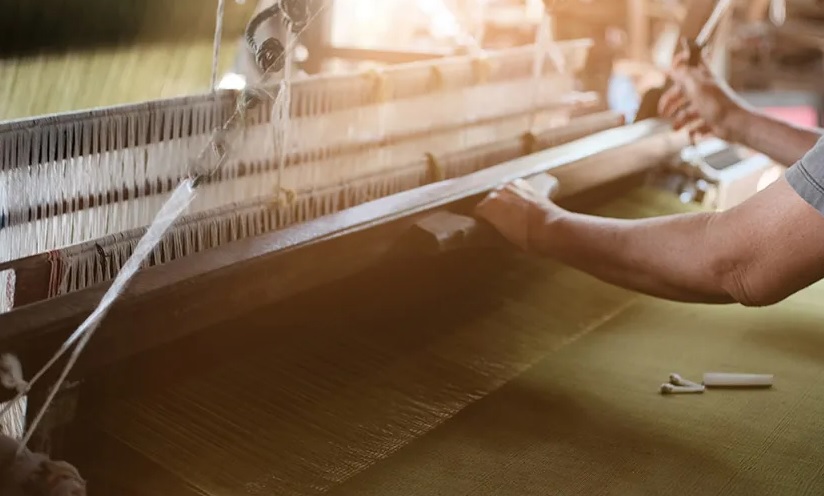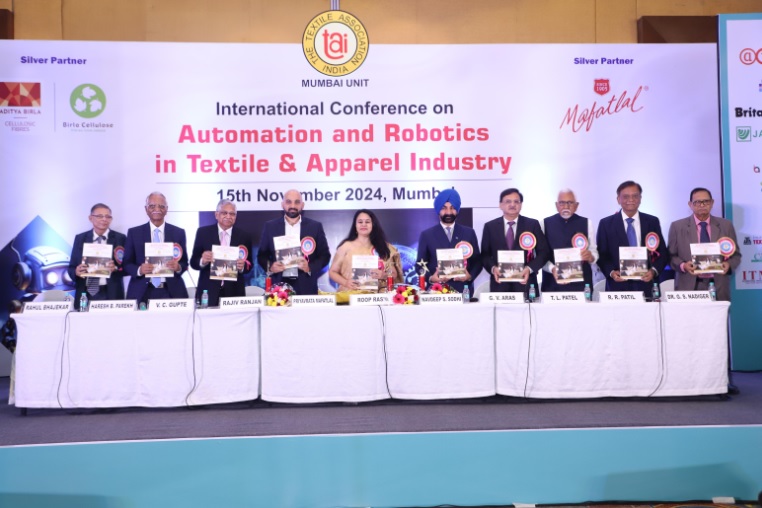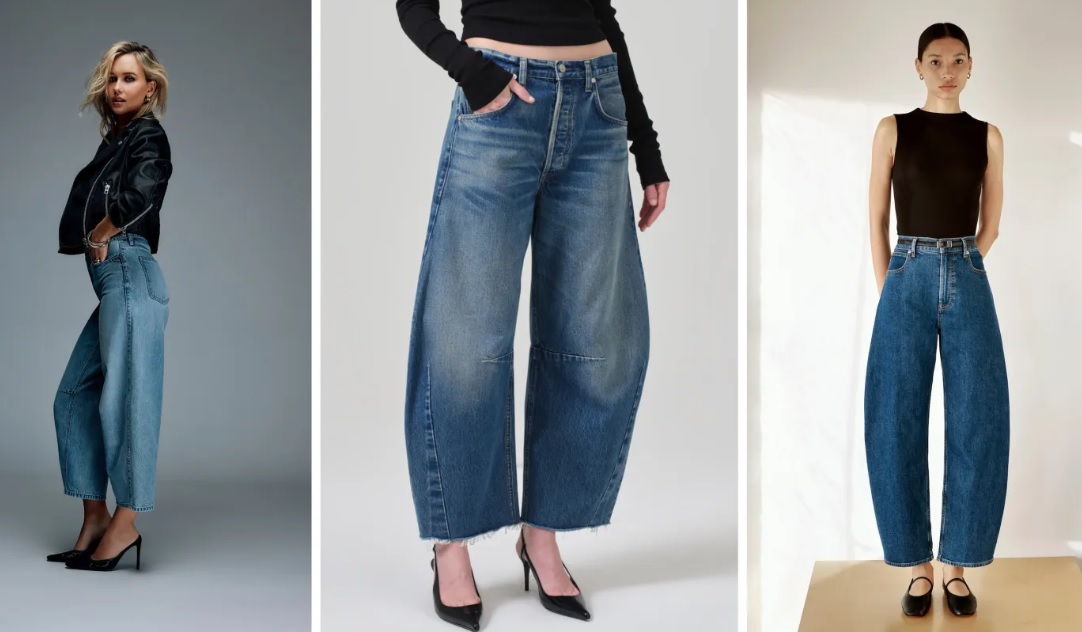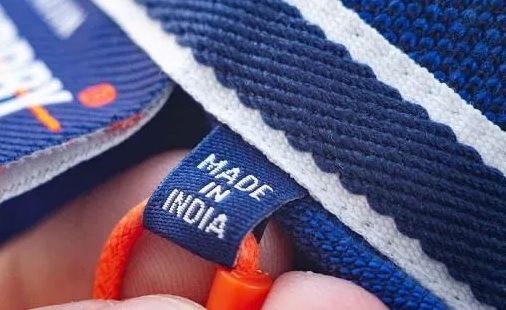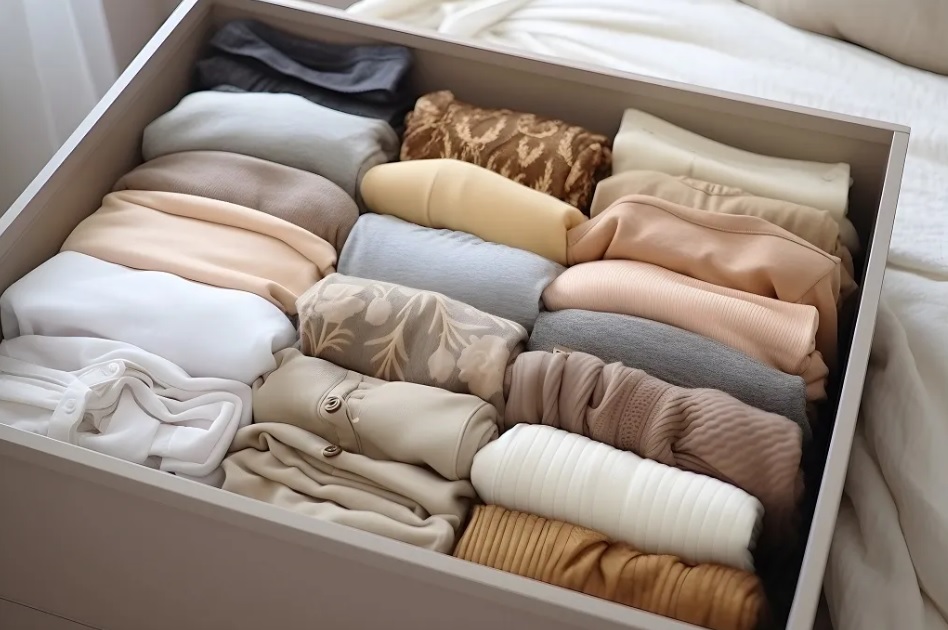Ministry of Industry (Kemenperin) has expressed concerns regarding the influx of imported goods in the textile and textile product (TPT) industry in Indonesia. This influx follows the relaxation of prohibitions and restrictions (lartas) under Permendag Number 8 of 2024, which no longer enforces technical considerations (Pertek).
Players in the TPT industry also lament over the lack of lartas on imported goods similar to those they produce, says Adie Rochmanto Pandiangan, Director - Textile, Skin, and Footwear Industry.
Currently performing at an expansive level, the TPT industry in Indonesia is showing positive growth, notes Adie. Data from the Central Statistics Agency (BPS) indicates the textile and clothing industry sub-sector grew by 2.64 per cent Y-o-Y in Q1, FY24.
During the same period, demand for textile products from foreign importers rose by 7.34 per cent while the demand for finished clothes grew by 3.08 per cent Y-o-Y. The contribution of the TPT industry could, however be impacted by the elimination of Pertek, which would, in turn, directly impact the sector's sustainability.
Highlighting the concerns of the small and medium industry players, Nandi Herdiaman, Chairman, Bandung Connection Entrepreneurs Association (IPKB), says, the market might be soon flooded with imported products.
Echoeing these sentiments, Redma Gita Wirawatasta, General Chairperson of the Indonesian
Filament Yarn and Benang Producers Association (APSyFI), states, import control measures have become ineffective due to the relaxation of regulations. The association initially welcomed the Ministry of Trade's steps to control imports through Permendag Number 36 of 2023. Socialised since December 2023 and effective March 10, 2024, the regulation aimed to control imports. However, the containers continued to accumulate due to non-application of approval permits by rogue importers, he adds.
Approximately 26,000 containers are reported stuck. Around 85 per cent of these belong to traders while the remaining 15 per cent are intended for manufacturing. The absence of regulations controlling imports can affect the investment climate and development of the domestic textile industry, impacting employment levels, Wirawasta adds further.
Despite these challenges, however, the growth of the textile and clothing industry can be optimised by preventing the consumption of used clothing (thrifting) and improving market supervision in line with applicable regulations for imported goods, affirms the Ministry of Industry.


